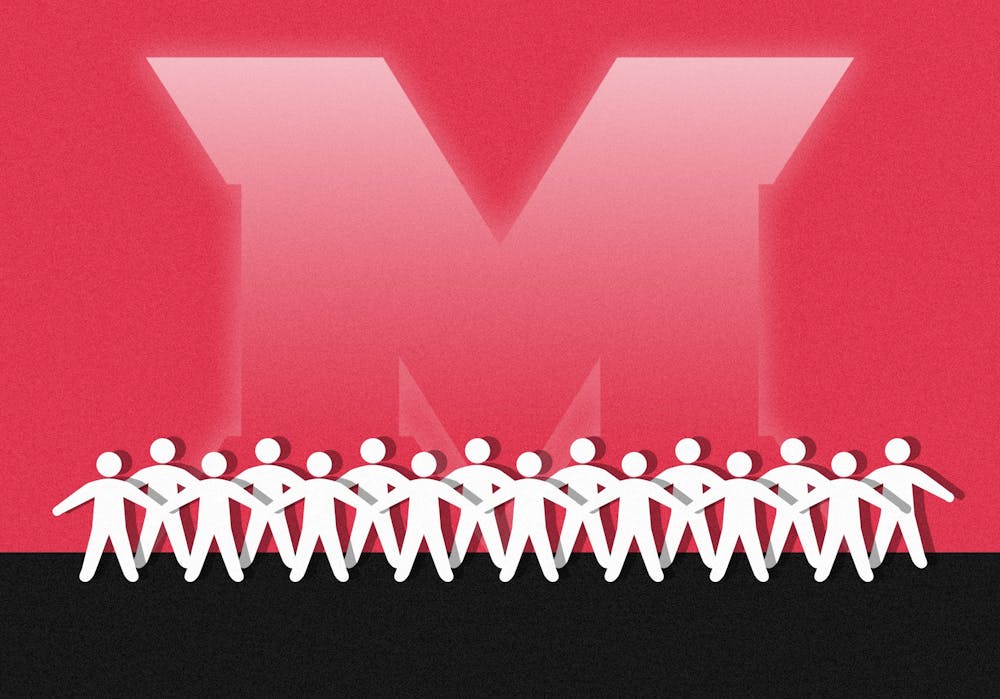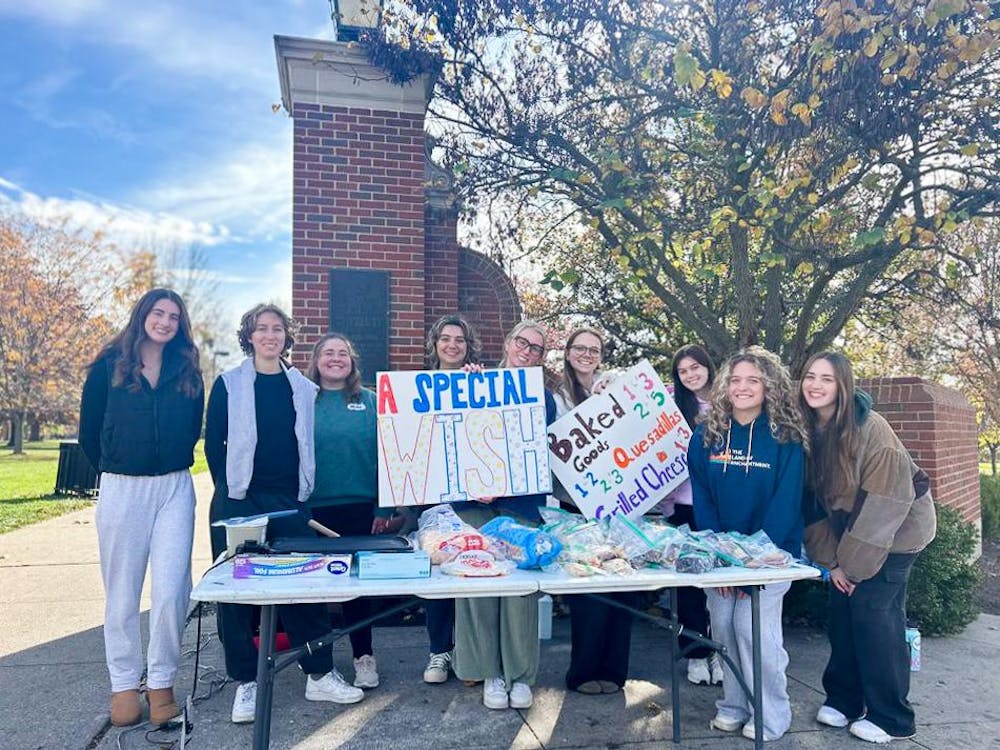On Dec. 12 and 13, Miami University administrators and faculty met for a hearing with the State Employment Relations Board in Columbus to determine who could be included in a faculty union.
Miami argued the union should only be able to include tenure-track faculty. Faculty Alliance of Miami (FAM) members disagreed.
“We’re trying to argue that we all have this community of interest, and the university wants to exclude everybody except the tenure line faculty,” said Cathy Wagner, a proponent for FAM. “But the question is really particular. It's whether or not we have enough in common to justify being a union together.”
FAM pushed for all full-time faculty to be considered in the union, which includes teaching clinical professors and lecturers (TCPLs), instructors, visiting assistant professors (VAPs) and librarians. Part-time faculty weren’t included in the argument because under Ohio law, they aren’t allowed to unionize.
Because the different types of full-time faculty at Miami have different duties, Miami pushed for them to not be included in the vote for the union, according to Jessica Rivinius, interim vice president and chief communications and marketing officer.
“Our non-tenure track faculty … are and continue to be an invaluable part of the Miami community — a sentiment that is shared throughout campus and among our administration,” Rivinius wrote in an email to The Miami Student. “Because individuals in these groups are not eligible for tenure, there are significant differences in terms and conditions of their employment, including the expectations of continued employment, termination/grievance procedures, workload, performance evaluation process and opportunities for promotion.”
Miami’s informed choice website, which gives Miami’s answers to questions about the union, states that “[f]or a collective bargaining unit to be established and deemed appropriate, a group of roles or positions must share a ‘community of interest’ under applicable laws.”
If the judge favors FAM’s arguments, all full-time faculty members will be able to vote as a collective bargaining unit. Wagner argued that if Miami wins, however, the result could be much different than limiting which faculty members can vote.
“If Miami wins, none of the full time faculty who wanted to be in the union will get a chance to vote,” Wagner said. “There, they can go on and form their own units. But that makes for a much more inconvenient and time-consuming process — inconvenient for the administration as well.”
One of the main points for arguments was whether or not VAPs should be considered seasonal employees. To be defined as seasonal employees, less than 60% of the group would need to return each year.
Anne Whitesell, an assistant professor of political science, attended the hearings and presented FAM’s calculations for the VAPs, which were different from the university’s.
“We considered someone being retained if they either stayed as a visiting faculty or if they moved from a visiting faculty position, which is a year to year contract, to a TCPL or a tenure track position, which is a more long term contract,” Whitesell said. “Miami says that you shouldn't include those people because they're moving to what they consider a fundamentally different role.”
Enjoy what you're reading?
Signup for our newsletter
Miami’s calculations had less than 60% of VAPs returning to the same position each year, while FAM argued that more than 60% of VAPs stayed at the university.
Despite the discrepancies between who the union will include, Rivinius wrote that all faculty should think carefully about unionization.
“Though the Miami administration believes collective bargaining would negatively impact the way we work together with faculty, and ultimately, the student experience, it recognizes faculty has a right to organize and that the decision rests solely in the hands of eligible voting faculty,” Rivinius wrote in her email to The Miami Student. “We encourage all faculty to engage in the University’s shared governance process and to thoughtfully consider this important decision. It is one of the most important decisions Miami faculty will ever make.”
Transcripts from the hearing will be available Dec. 27. The university’s and FAM’s legal briefs will be due to the judge by Jan. 27, with a decision coming after.
A date will not be set for Miami faculty to vote on the union until a decision is made.




